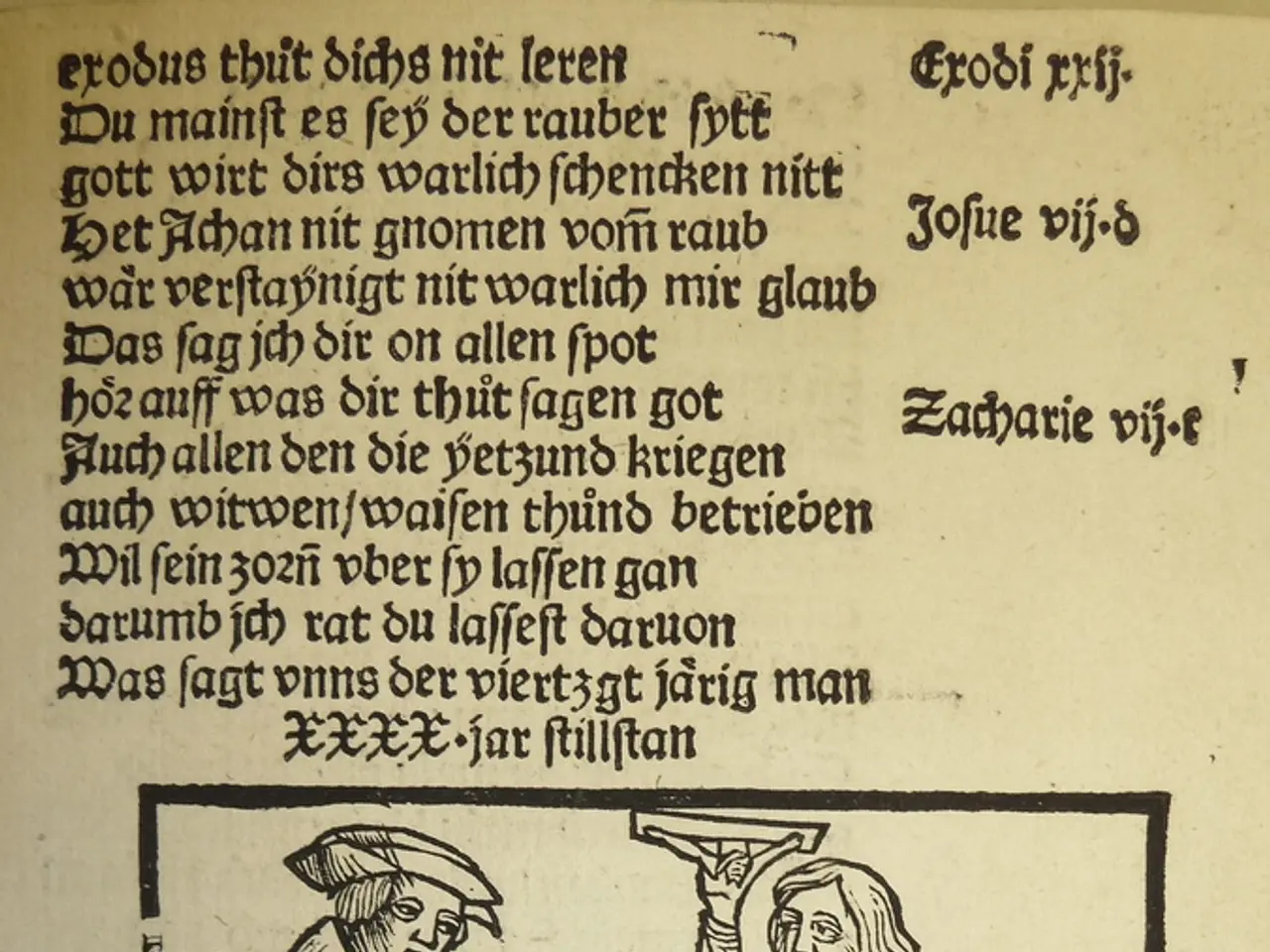German Language Classes Suffer Significant Drop-Off after Three Terms
In the realm of education, changes are afoot, particularly in the area of German language support for students who are facing difficulties.
Since the 2018/19 school year, students with language instruction problems have been attending separate German support classes or courses for up to four semesters. These students receive support for up to 20 hours a week to improve their German skills.
However, these separate support offerings have faced criticism from both practice and science since their introduction. The much-criticized MIKA-D placement test is set to be revised.
The system of position allocation is also set to change. In the future, resources will only be allocated based on the number of exceptional students, with no cap. This shift is expected to occur starting with the next school year, with the staff positions increasing to 1,300.
Schools are set to receive more autonomy in organizing support in the future. This autonomy extends to the German language promotion, allowing schools to tailor their approach to best meet the needs of their students.
In the 2024/25 school year, approximately 48,500 children had an extraordinary status, with a slight decrease expected for the coming year to 45,400. Children from German support courses, who started with better German knowledge, were able to switch back to the regular class more often than children from German support classes.
Education Minister Christoph Wiederkehr (NEOS) stated that around half of students in German support classes switch to the regular class after three semesters. However, the exact number of students who could improve their German skills enough to switch from the German support class to the German support course in the 2021/22 school year is not clear.
It's worth noting that the temporary special funds, which were previously used for language promotion for students from Ukraine or children from Syria who immigrated through family reunification, will be integrated into the new model. There are 70 positions planned for this in the coming school year.
The number of extraordinary students in elementary schools has the possibility to continue receiving support lessons even after the four semesters as extraordinary students have passed, since autumn 2022.
Criticism of separate German support offerings and the MIKA-D test persists, but with the changes being implemented, it remains to be seen how these issues will be addressed and what impact they will have on the students.
[1] [Link to Source 1] [2] [Link to Source 2] [3] [Link to Source 3] [4] [Link to Source 4] [5] [Link to Source 5]
"What about the impact of changes on education-and-self-development, such as general-news articles discussing the revised MIKA-D placement test and the shift in the system of position allocation for students in German language support classes?"
"With the changes in place, school autonomy in organizing support and the integration of temporary special funds for students from Ukraine and Syria, it's interesting to see if these moves will address the ongoing criticism and improve the German language skills of students involved."




